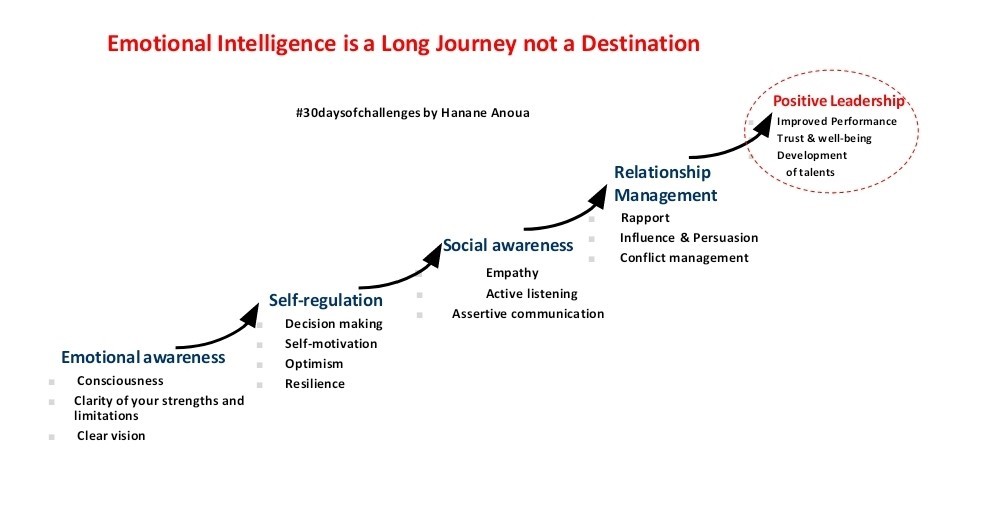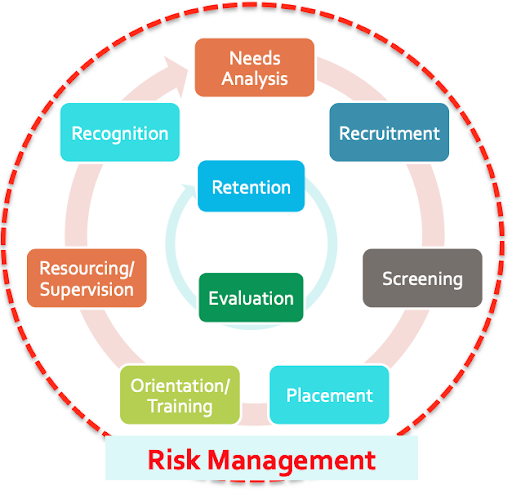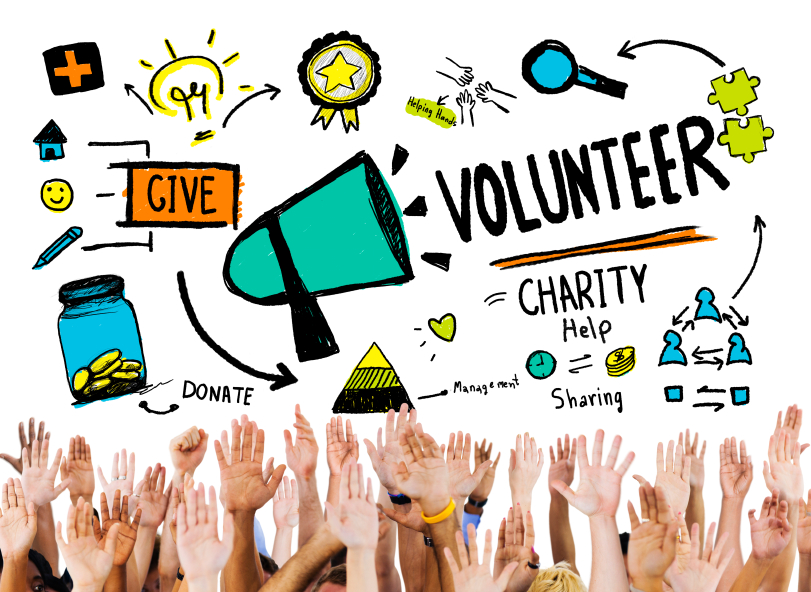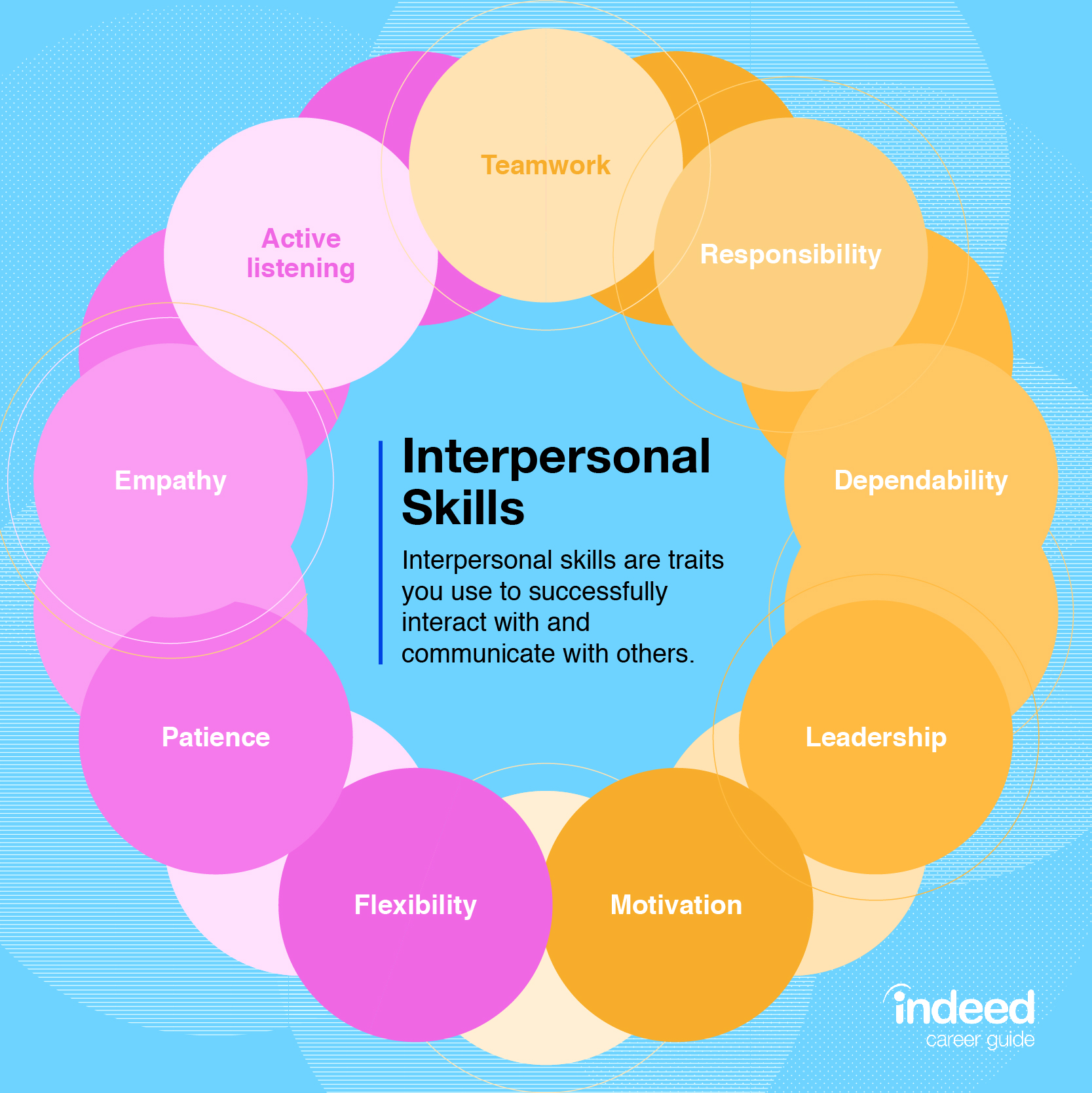Philosophy and ethics are powerful tools for personal development and self-improvement. They offer a framework for understanding the world, determining what is meaningful, and making decisions that align with our values. By exploring and applying philosophical and ethical concepts, we can enhance our critical thinking skills, develop our moral character, and ultimately lead more fulfilling lives. In this blog post, we’ll explore the power of philosophy and ethics and provide a guide for using them to pursue personal growth.
What is Philosophy?
Philosophy is the study of fundamental questions about existence, knowledge, values, reason, mind, and language. Its goal is to understand reality more deeply and to make sense of our experiences. Philosophy offers different perspectives on the world and helps us recognize the assumptions that shape our beliefs and behaviors.
Ethics, on the other hand, is a branch of philosophy that concerns moral principles and values. It examines what is right or wrong, good or bad, fair or unfair, and just or unjust. Ethics helps us make difficult decisions and determine how we should treat others and ourselves.
How Philosophy and Ethics Can Help with Personal Development
1. Develop Critical Thinking Skills
Philosophy and ethics both require critical thinking skills, which involve analyzing arguments, identifying assumptions, and evaluating evidence. By practicing these skills, we can become more rational and objective thinkers, able to assess information and ideas more effectively.
2. Explore Different Perspectives
Philosophy and ethics expose us to different perspectives and ideas, allowing us to consider alternatives and challenge our assumptions. By being open-minded and curious, we can broaden our horizons and gain a deeper understanding of the world around us.
3. Define Your Values
Philosophy and ethics help us identify and articulate our values. By examining our beliefs and principles, we can develop a clearer sense of what is important to us and use this knowledge to guide our decisions and actions.
4. Make Better Decisions
Philosophy and ethics provide a framework for making more thoughtful and ethical decisions. By considering the moral implications of our actions, we can make choices that align with our values and improve our lives and those of others.
How to Apply Philosophy and Ethics to Personal Development
1. Read Philosophy and Ethics Texts
Start by reading books and articles on philosophy and ethics. Look for classic works or contemporary authors and explore a range of topics. Some good starting points include Plato’s “Republic,” Aristotle’s “Nicomachean Ethics,” Immanuel Kant’s “Groundwork of the Metaphysics of Morals,” and John Stuart Mill’s “Utilitarianism.”
2. Reflect on Your Values
Think about your values and how they shape your decisions and actions. Identify what is most important to you and use this knowledge to prioritize your goals and activities.
3. Engage in Ethical Dilemmas
Consider hypothetical ethical dilemmas and think critically about how you would respond. This exercise can help you hone your decision-making skills and clarify your ethical principles.
4. Seek Out Philosophy and Ethics Communities
Join a philosophy or ethics group or attend a philosophy event. This can provide opportunities to engage in discussions and debates, learn from others, and deepen your understanding of philosophy and ethics.
In conclusion, philosophy and ethics are powerful tools for personal development and self-improvement. By developing critical thinking skills, exploring different perspectives, defining your values, and making better decisions, you can enhance your overall sense of well-being and live a more fulfilling life. Incorporating philosophy and ethics into your daily routine can help you grow as a person and make a positive impact on the world around you.











